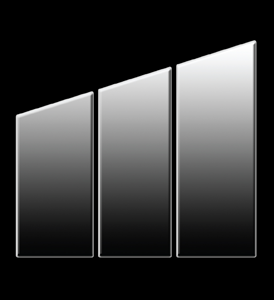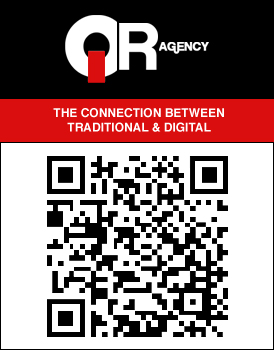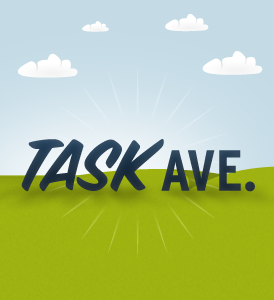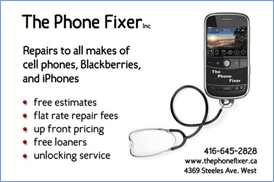Ear Ear: CellScope Joins the Conversation
If parents could be spared thirty million trips to doctors’ offices each year, what would that be worth? And how could it be done?
One San Francisco start-up has decided to answer these questions. Founded at UC Berkeley, CellScope is one of the digital health start-ups funded by Rock Health, and the creators of a smartphone-enabled otoscope for remote diagnosis of pediatric ear infections. Whether or not a diagnosis with one of these will be as respected by pharmacists as one given by a doctor remains to be seen-the project is still very much on the ground, with funding still being accumulated to fund production. It’s not having a hard time finding donors, though: Khosla Ventures has offered one million in seed money to the project, and CellScope has also managed to accrue support from the Bill & Melinda Gates Foundation, Intel, and the Vodafone Americas Foundation, just to name a few.
With a microscopic capacity of 50-60x, it’ll be a useful self-diagnostic tool for anyone camping, on road trips, unable or just unwilling to head right to a doctor. Abroad, its potential for helping humanitarian aid workers is staggering.
It’s not the first health care service for smartphones to be breaking news in the past few weeks: late last month, a team of programmers based out of McGill created Project Neem, a network to connect rural healthcare workers with their urban counterparts for diagnostic purposes that operates off of Windows phones. But whether or not more projects like it is still up in the air: a recent survey revealed that while 59% of non-medical professionals believe that mobile health apps will positively impact the way healthcare is used on a grander scale, doctors are far less positive about people consulting their smartphones instead of trained professionals. 64% of physicians “worry that mHealth makes patients too independent”, to use the survey’s words.
They’re not entirely unfair to defend their professional pride. Inventing a computer that can trounce Ken Jennings at Jeopardy! doesn’t mean that we have computers that can replace all the physicians and surgeons around the globe. But doctors should recognize that anything that gets people thinking of their health more often is good for business-of their patients, the country and themselves.
Source: Daily Disruption










